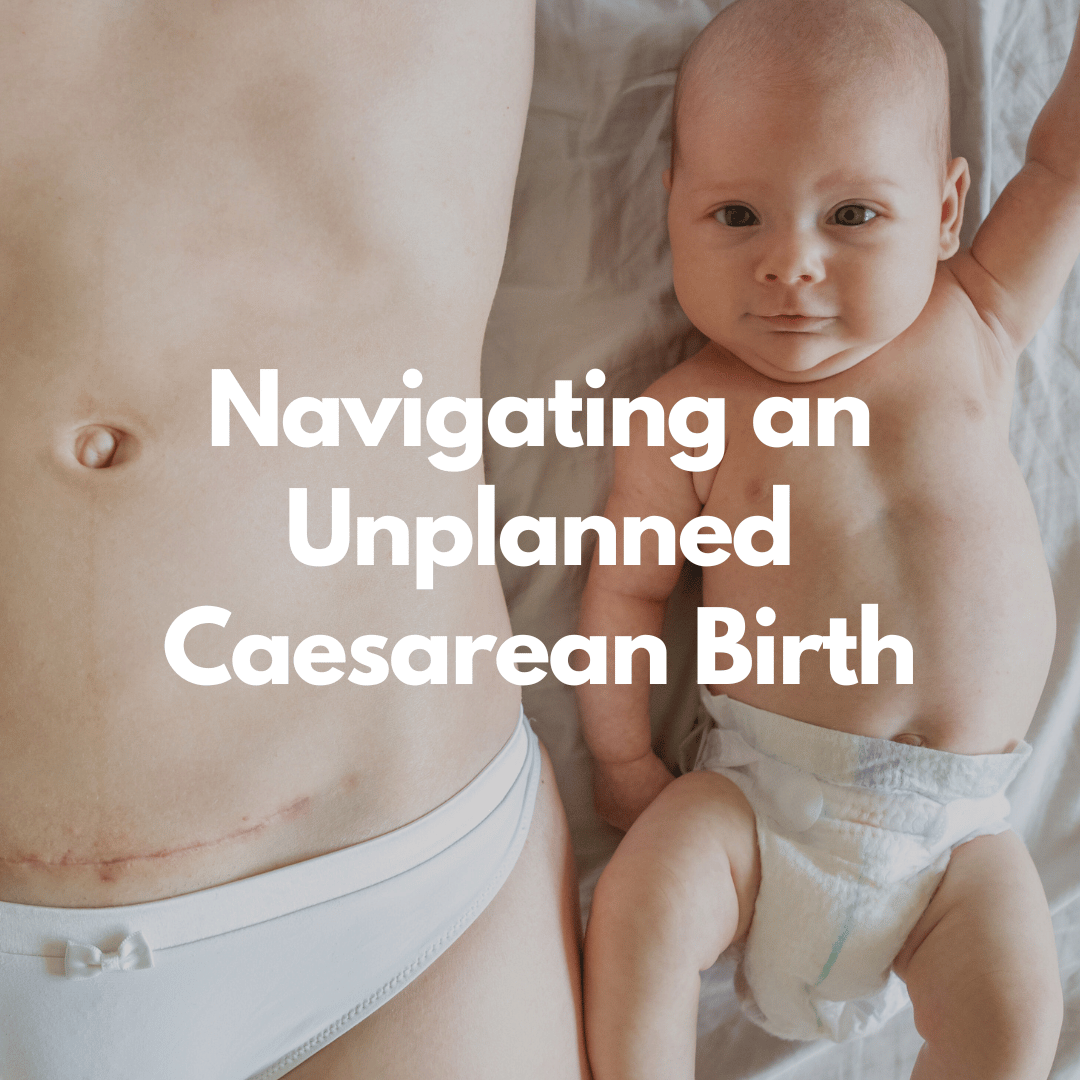
Navigating an Unplanned Caesarean Birth
Rachel BushShare
Embracing the Unexpected
The birth of a child marks the beginning of a new life, a milestone filled with anticipation and joy for the entire family. However, for mothers who experience an unexpected caesarean section, this event can also bring a myriad of emotional challenges. Deviating from a planned birth experience might lead to feelings of loss or frustration. Many parents, armed with a wealth of information and a strong sense of self-advocacy, may struggle to reconcile their expectations with the reality of an unplanned caesarean, leading to self-doubt or disappointment in their new role as a parent.
Grieving the Birth Experience You Envisioned
It’s perfectly natural to grieve the birth experience you had envisioned. An unplanned caesarean can feel like a loss of control, leaving parents with mixed emotions. Acknowledging these feelings is the first step toward healing. Connecting with others through online support groups and mental health apps can provide validation and comfort. These platforms offer opportunities to share experiences, gain perspective, and feel less alone.
The Role of Self-Care
During this time, self-care becomes essential. Engage in activities that nurture your mental and emotional well-being, such as:
- Meditation and mindfulness to reduce stress and promote relaxation.
- Journaling as a way to process your thoughts and emotions.
- Therapy to work through feelings of loss or disappointment.
Staying connected with friends and family via technology can also help alleviate feelings of isolation, providing a sense of community and support.
Reframing Your Perspective
Reframing your self-talk is crucial in adapting to your "new" normal. Remember that birth plans are ideals, meant to guide but not dictate the experience. Flexibility in planning can help you accommodate the unpredictability of childbirth. Instead of rigid goals, consider setting adaptable plans that account for different scenarios. This shift can help ease the disappointment of an unexpected outcome.
Practical Tips for Navigating an Unplanned Caesarean
- Discuss potential risk factors and pain relief options with your healthcare provider beforehand.
- Set flexible birthing goals rather than fixed plans to reduce feelings of disappointment if circumstances change.
- Familiarise yourself with the environment of your chosen hospital or birthing centre to increase comfort.
- Communicate preferences regarding pain relief and anxiety triggers with your partner or support person, ensuring your choices are respected.
- Advocate for a positive perception of birth—a caesarean is as valid and remarkable as any other birth method.
A Reminder of Strength
Ultimately, the primary goal for both health professionals and parents is the well-being of the birthing parent and their child. It’s important to remind yourself that the method of birth does not define your strength or capability as a mother. You nurtured your baby through every stage of pregnancy, ensuring their safe arrival into your arms. That achievement is extraordinary, no matter how it unfolds.
FAQ: Navigating an Unplanned Caesarean Birth
How can I prepare mentally for the possibility of an unplanned caesarean?
Educate yourself about the procedure and discuss potential scenarios with your healthcare provider. Understanding the process can help reduce anxiety.
What should I pack in my hospital bag for a potential caesarean?
Include loose, comfortable clothing, high-waisted underwear, and items for wound care, such as antiseptic wipes. Don’t forget emotional comfort items like headphones or a favourite blanket.
How long does recovery typically take after a caesarean?
While every person’s recovery is unique, most people take about 6-8 weeks to heal physically. Emotional recovery may take longer, so allow yourself grace and time
Can I have a vaginal birth after a caesarean (VBAC) in the future?
Yes, many women are candidates for a VBAC. Discuss your options with your healthcare provider to understand the risks and benefits.
How can I bond with my baby if I’m recovering from surgery?
Skin-to-skin contact, breastfeeding (if possible), and spending quiet moments together can strengthen your bond even during recovery.
